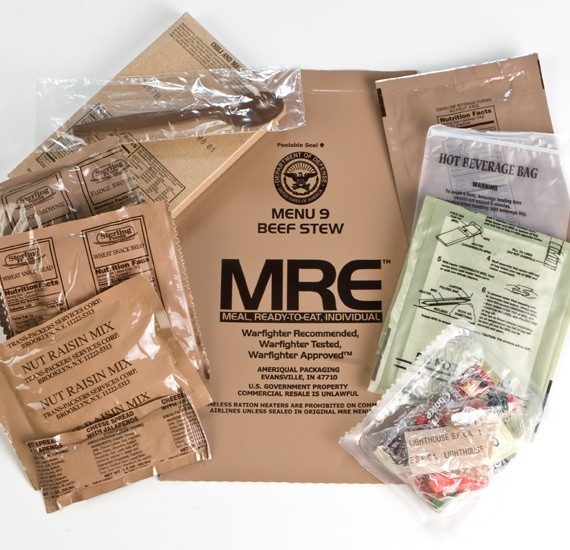915 Labs launches microwave sterilization system for additive-free packaged food

MATS-150 is capable of processing 150 food packages per minute, with pilot-scale versions in place at two processing and packaging companies; AmeriQual of Evansville, Indiana and The Wornick Company of Cincinnati, Ohio.
MATS heats packaged food externally
As well as carrying out their own product development AmeriQual and Wornick have invited outside food companies to schedule time in their food labs to test their recipes using the sterilization system.
Michael Locatis, CEO, 915 Labs, told FoodProductionDaily, the company’s microwave assisted thermal sterilization systems (MATS) are currently operating in commercial test kitchens.
“MATS simultaneously heats packaged food externally in a pressurized hot water bath and internally using a patented microwave energy delivery system at a frequency of 915 megahertz,” said Locatis.
“This combination of approaches rapidly heats the entire package of food to sterilization temperature and then cools the food to minimize any heat damage, eliminating pathogens and spoilage microorganisms in a matter of minutes.
“This shortened heating time preserves the nutrients, color, texture and flavor of foods — while providing a shelf life equivalent to conventionally processed foods.
“We’re excited to be entering our commercial launch phase – increasing the installed base of MATS-B pilot systems in commercial test kitchens, building the MATS 150 system and scaling MATS production capacity globally to meet the rapidly growing demand for healthier packaged food.”
915 Labs licensed the technology from WSU
MATS natural food processing technology and packaging from 915 Labs creates the possibility of a range of healthful, packaged, shelf-stable foods from tender spears of asparagus to spicy Indian dishes to gourmet foodstuffs each with a ‘clean’ or additive-free label.
Talking about the history of the company, Locatis said: “Food engineering scientist Dr. Juming Tang at Washington State University began working on a new method of sterilizing food with microwaves in 1998.
“In 2006, WSU patented Dr. Tang’s design for the MATS technology. It took another three years to develop a semi-continuous system and collect the engineering data required to file for acceptance from the US Food and Drug Administration for the first MATS-processed food, which was received in 2009.
“915 Labs, which licensed the technology from WSU, has continued R&D and design engineering of the MATS system and a companion technology, microwave assisted thermal pasteurization (MAPS), and filed for additional patents on the systems.”
MATS natural food processing and packaging is radically different than conventional food processing, also called ‘retort’, added Locatis.
Modern alternative to retort
“MATS is a healthier, highly efficient and modern alternative to retort that will allow food companies to transform the ‘center of the store’ by cleaning up the labels of existing products and launching natural food products.
“In conventional processing, packaged foods are placed in pressurized cookers at high temperatures for up to an hour. To mask the damage caused by this prolonged exposure to high heat, salt, flavor, texture and color enhancers, and other unnatural ingredients must be added.
“MATS processed foods do not require added salt, enhancers and other unnatural ingredients.”
He said he believes MATS will transform the packaged food industry by enabling food companies to deliver what consumers are demanding—additive-free healthy and convenient ready-to-eat snacks and meals.
“Beyond the very large consumer and institutional markets, MATS will improve packaged food for the military and humanitarian efforts,” he said.
“Because MATS processed foods do not require refrigeration, distribution costs for food distributors are greatly reduced. This is particularly important in areas where the lack of a refrigeration supply chain limits distribution options. We are also excited that the MATS technology will enable food companies to use more sustainable packaging materials.”





